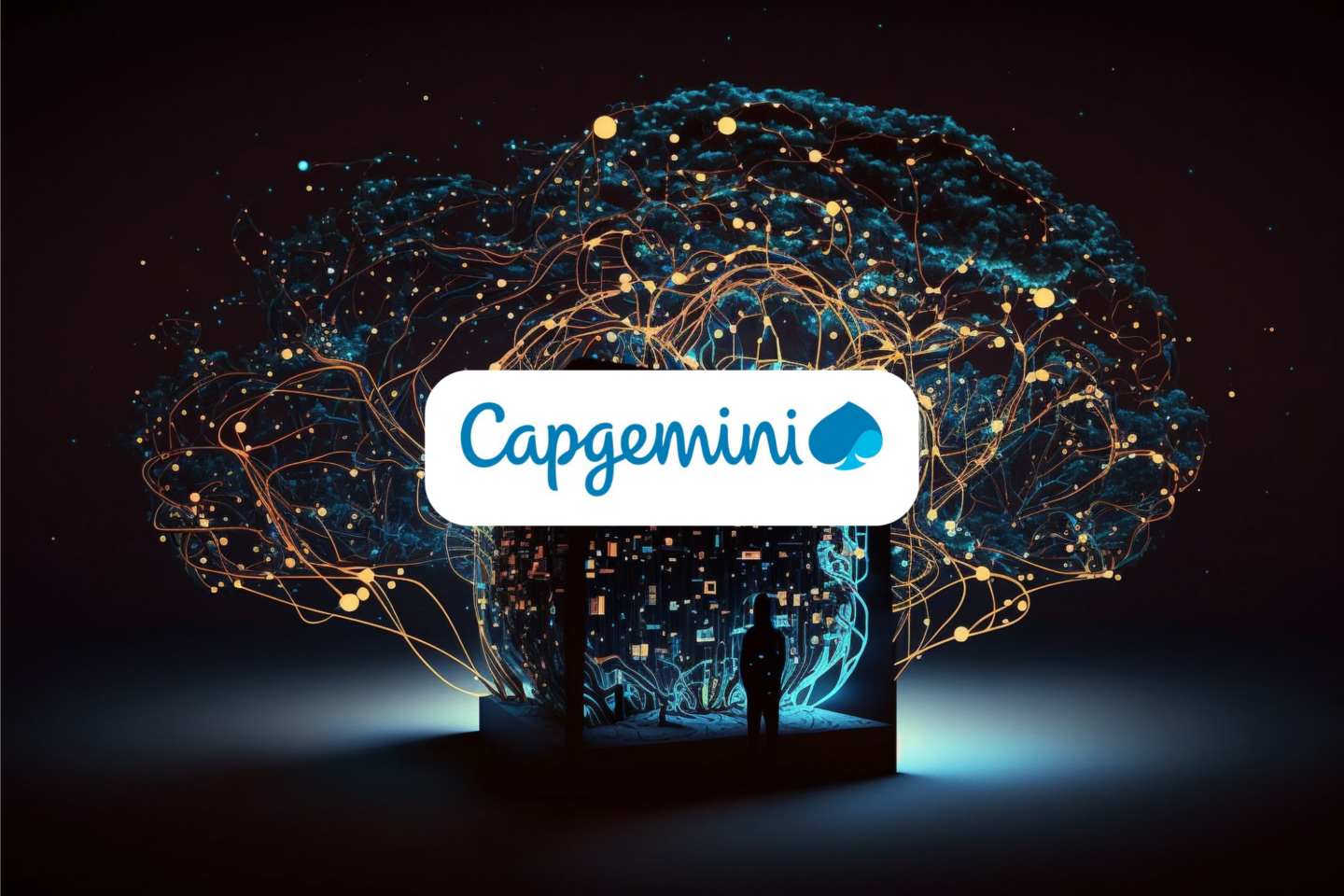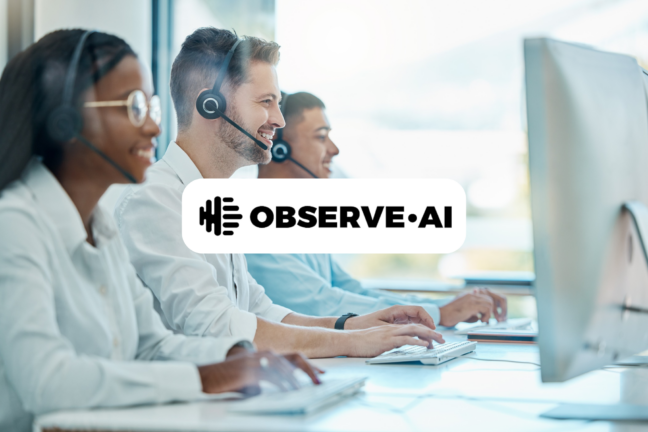As many as 70% of executives believe that generative AI has the potential to expand the responsibilities of knowledge workers within organizations, revealed a report by the Capgemini Research Institute. Additionally, most executives (96%) acknowledge the significance of generative AI as a crucial topic in boardroom discussions, with most expressing strong support from their leadership.
The Harnessing the Value of Generative AI: Top use cases across Industries report shows that despite acknowledging potential risks like copyright infringement and cybersecurity, 74% of executives are confident that the advantages offered by generative AI surpass these concerns. While 21% expect disruptions in their respective industries, 40% of organizations spanning different sectors have already formed dedicated teams and allocated budgets for implementing generative AI.
Organizations recognize the significance of specific generative AI platforms or tools that are relevant to their industries. The top choices include chatbots, which are seen as valuable for automating customer service and enhancing knowledge management, with 83% of executives expressing this view. Additionally, 75% of executives consider platforms that assist in designing, collecting, or summarizing data highly relevant to their industries.
In addition, executives widely believe that generative AI will bring notable improvements to product and service design, with 78% expecting increased efficiency and 76% anticipating greater accessibility. They also envision enhanced customer experiences, with 71% expecting more interactive and engaging interactions. Furthermore, 67% anticipate improved customer service through automated processes that offer personalized support.
Expectations in the next three years
Executives anticipate a host of benefits within the next three years as generative AI is effectively implemented. They project an 8% boost in sales and a 7% reduction in costs as a result of integrating this technology. Additionally, they expect a significant improvement in customer engagement and satisfaction, estimating a 9% increase in both areas. Furthermore, executives foresee enhanced operational efficiency, also projected to improve by 9%.
Generative AI integration
The high-tech industry is at the forefront of integrating generative AI into its operations. Executives within this industry display the highest level of confidence (84%) in the positive impact of generative AI overall. Almost 70% of these executives reveal that their organizations have ongoing generative AI pilot projects, while 18% have already implemented generative AI in certain locations or business functions. The top two use cases within the high-tech industry for generative AI are 3D modeling, particularly for intricate shapes, and predictive maintenance.
Executives from various sectors (67%) identify the IT function as the area with the greatest potential for generative AI. This perception is particularly prominent within the high-tech sector, where 86% of executives indicate that their organizations either currently utilize or have plans to utilize generative AI in the IT domain. Furthermore, executives recognize generative AI as a valuable tool in driving value within the sales function (54%) as well as in marketing and communications (48%).
The rise of new roles
The emergence of generative AI is expected to bring about the creation of new roles within organizations, asking for investment in upskilling employees. A significant 69% of businesses anticipate that generative AI will generate concepts and initial designs for projects, resulting in a shift in employees' responsibilities from ideation and creation to reviewing and refining. Consumers share a similar viewpoint, with 70% expressing the belief that generative AI will enhance their work efficiency, liberating them from routine tasks and allowing them to focus on more strategic aspects of their jobs.
The research indicates that 69% of executives foresee the emergence of novel positions, such as AI auditors and AI ethicists, as a result of generative AI. This recognition underscores the need for organizations to invest in upskilling and cross-skilling their workforce to effectively integrate this technology. Around 68% of executives emphasize the importance of substantial investments in developing the skills and knowledge required for successfully incorporating generative AI into the workforce.
The need for new technology
Approximately 80% of organizations recognize the importance of implementing and scaling generative AI sustainably. Additionally, 78% of enterprises are aware that generative AI can potentially have a larger carbon footprint compared to traditional IT programs. However, it is worth noting that among the organizations intending to train their own AI models, only around half have taken active measures to mitigate their environmental impact. This indicates a need for more substantial and tangible efforts toward sustainability in the context of generative AI implementation.










